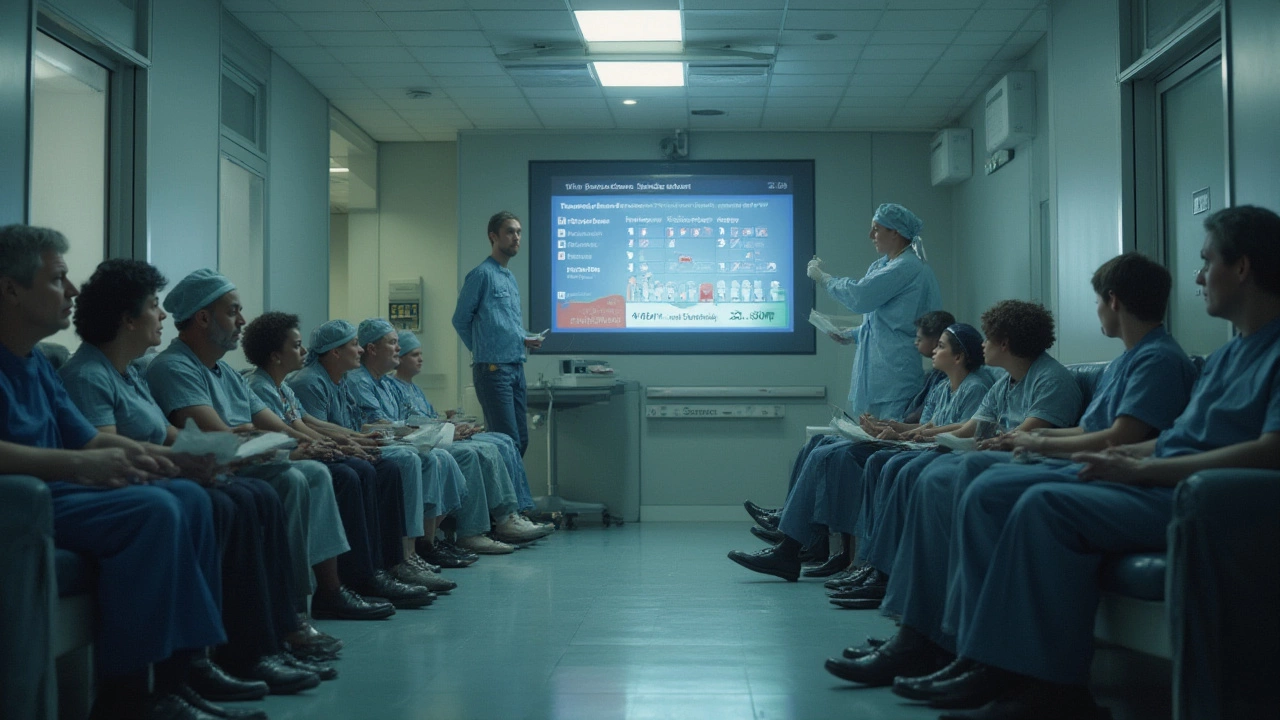Most Expensive Surgery: What Drives the Price?
Ever wonder why a single operation can run into millions of pounds? It’s not just the surgeon’s skill – it’s a mix of tech, time, and risk that adds up fast. Understanding the cost drivers helps you see if a pricey procedure is truly necessary or if there’s a smarter alternative.
Why Some Surgeries Cost a Fortune
High‑tech equipment is the biggest price tag. Think of robotic arms, 3‑D imaging, and custom‑made implants – each can cost ten‑thousands on its own. Then there’s the operating room itself: a sterile environment, a team of anesthesiologists, nurses, and specialists, all billed by the hour. Complex cases also need longer hospital stays, intensive care, and follow‑up care, which pile on the total.
Rare procedures, like heart‑lung transplants or certain cancer surgeries, need organs or tissues that are hard to source. The logistics of matching donors, transporting organs, and preparing the patient add layers of cost. Add to that the legal and insurance paperwork that hospitals must handle for high‑risk cases – those administrative fees aren’t obvious, but they’re real.
How to Manage the Bill
If you’re facing an expensive surgery, start by asking for a detailed cost breakdown. Knowing what part of the bill is for the surgeon, the hospital, and the devices lets you spot any hidden charges. Many hospitals offer payment plans or can connect you with charities that support specific procedures.
Don’t forget to check your insurance policy. Some plans cover a portion of high‑cost surgeries if you get prior approval. Even if the policy says “not covered,” you can often negotiate a reduced rate by showing the itemized costs. A second opinion can also help – another doctor might suggest a less invasive technique that costs far less.
Finally, look at international options. Countries like India, Turkey, and Thailand have world‑class surgeons and lower overhead, meaning the same operation can be a fraction of the UK price. Just make sure the hospital is accredited and the surgeon is board‑certified.
Below are some of the top posts on our site that dive deeper into related topics. They can give you a fuller picture of surgery costs, recovery, and alternative routes.
Top 5 Major Surgeries: Risks, Recovery, and Costs Explained – Breaks down the most common high‑cost operations and what you can expect before and after.
Which Surgery Is the Bloodiest? Exploring High‑Risk Procedures and Medical Realities – Looks at the riskiest, often pricey, surgeries and why they bleed a lot.
Cheapest Countries for Top Surgery: Costs, Quality, and Safe Options – A guide for those considering gender‑affirming surgery abroad at lower prices.
Private Healthcare vs NHS: Which Is Better for UK Patients? – Helps you decide if private care can save time and money for big operations.
Best Hospital in the World? Top Choices and Secrets Behind Medical Excellence – Shows where the world’s most advanced (and expensive) surgeries happen.
Knowing why a surgery costs what it does and how to control the expenses puts you in a stronger position. Ask questions, get itemized quotes, compare options, and don’t be shy about negotiating. Your health is priceless, but the bill doesn’t have to break the bank.
Most Expensive Surgeries: Costs, Insights & What to Expect
Discover which surgery is truly the most expensive, why the costs skyrocket, and tips for navigating huge medical bills. Get the facts in plain English.

